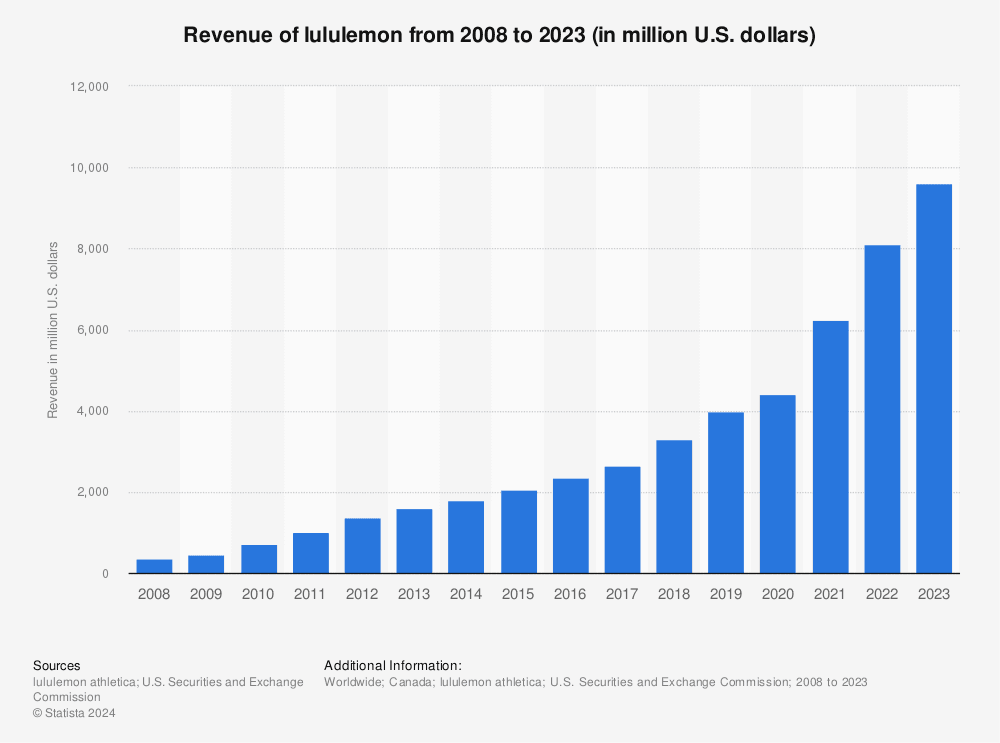Russell Vought, recently confirmed as the Director of the Office of Management and Budget (OMB) under the Trump administration, has taken on an additional role as the acting head of the Consumer Financial Protection Bureau (CFPB). His appointment comes with significant changes as he issued directives to slow the bureau’s operations, effectively suspending multiple core activities of the federal agency known for its consumer protection mandate.
Vought, in a detailed email addressed to CFPB staff on Saturday evening, outlined approximately twelve instructions. These directives aimed at halting supervision and examination processes, pausing ongoing investigations, stopping stakeholder interactions, and delaying enforcement actions. Furthermore, the instructions encompassed suspending public communications and overriding the implementation of current and proposed rules unless driven by legal mandate or direct approval from his office.
Vought’s approach appears rooted in his interpretation of the government’s fiscal responsibilities. Notably, he announced that the CFPB would not request its upcoming draw of funds from the Federal Reserve, describing the agency’s balance of $711.6 million as excessive given the current fiscal conditions. On social media platform X (formerly Twitter), he remarked that this marked the closure of what he previously referred to as the bureau’s “unaccountable funding.”
The CFPB, established in 2011 following the Dodd-Frank Act as a response to the 2008 financial crisis, has been a target for criticism by advocates of limited federal regulations. Its core mission includes protecting consumers by regulating financial institutions and prosecuting entities involved in fraud or financial abuse. Since its inception, the bureau has provided financial remedies totaling over $21 billion to consumers according to its annual reports.
With Vought’s directives now affecting operations, numerous pending investigations have been abruptly stalled. Among these are high-profile inquiries targeting predatory lending practices, deceptive student loan communications, and aggressive debt collection tactics. Staffers at the bureau who oversee such investigations have been told to step back from their duties. Critics of this decision, including consumer advocacy groups and certain members of Congress, have raised concerns that the halt leaves vulnerable communities, including older adults and students, unprotected against exploitation.
The move aligns with broader administrative strategies of the Trump White House, where a re-evaluation of federal agencies and a persistent push for decreased governmental spending have been prominent themes. Alongside the CFPB, other agencies, such as the U.S. Agency for International Development (USAID), have experienced similar consolidations or operational slowdowns. The Department of Government Efficiency (DOGE), spearheaded by Elon Musk, has played a significant role in streamlining federal functions as part of the administration’s objectives. Musk’s recent statement on X, “CFPB RIP,” accompanied by a tombstone emoji, drew attention to the developments at the watchdog agency.
Senator Elizabeth Warren, credited with drafting the Dodd-Frank Act and a key supporter of the CFPB’s creation, expressed significant displeasure at the recent changes. Warren accused both Vought and the administration of undermining foundational consumer protections that were instituted to prevent malpractices in the financial industry post-2008. She remarked that such measures embolden large banking institutions and corporations to indulge in unchecked practices at the expense of ordinary citizens.
Responding to these criticisms, Vought insists that his decisions are not about dismantling the bureau but rather enforcing fiscal prudence and appropriate risk management. His office maintains that all critical actions mandated by law will continue, even as broader activities remain suspended.
Many legal experts have noted, however, the implications of freezing CFPB activities without a clear legislative directive. While some view it as a reinterpretation of fiscal responsibility, others question the long-term consequences of turning away from consumer accountability and oversight—features that served as political assets for the bureau across past administrations.
Internally, CFPB staff have reported confusion and uncertainty surrounding the sudden changes. Union representatives warned of potential repercussions on staff morale and productivity, especially for employees operating in field offices where direct interaction with consumers was commonplace.
The directive also garnered attention for the limited communication preceding the administrative pause. The CFPB’s official website and social media accounts were suspended throughout the weekend, showing “404 errors,” further fueling concerns about transparency within the agency.
Observers and analysts anticipate that the restructuring of CFPB activities under the Trump administration’s second term will remain in policy discussions for the imminent future. While proponents of deregulation applaud these actions as necessary rebalancing, critics argue that halting consumer protection may inadvertently risk another financial failure akin to that of 2008.
As developments around the CFPB’s future unfold, the matter is expected to remain prominent in financial, legal, and governmental discussions in both domestic and international arenas. Many voices, from financial institutions to consumer advocacy groups, continue to deliberate the long-term impact of a hamstrung consumer protection agency.


